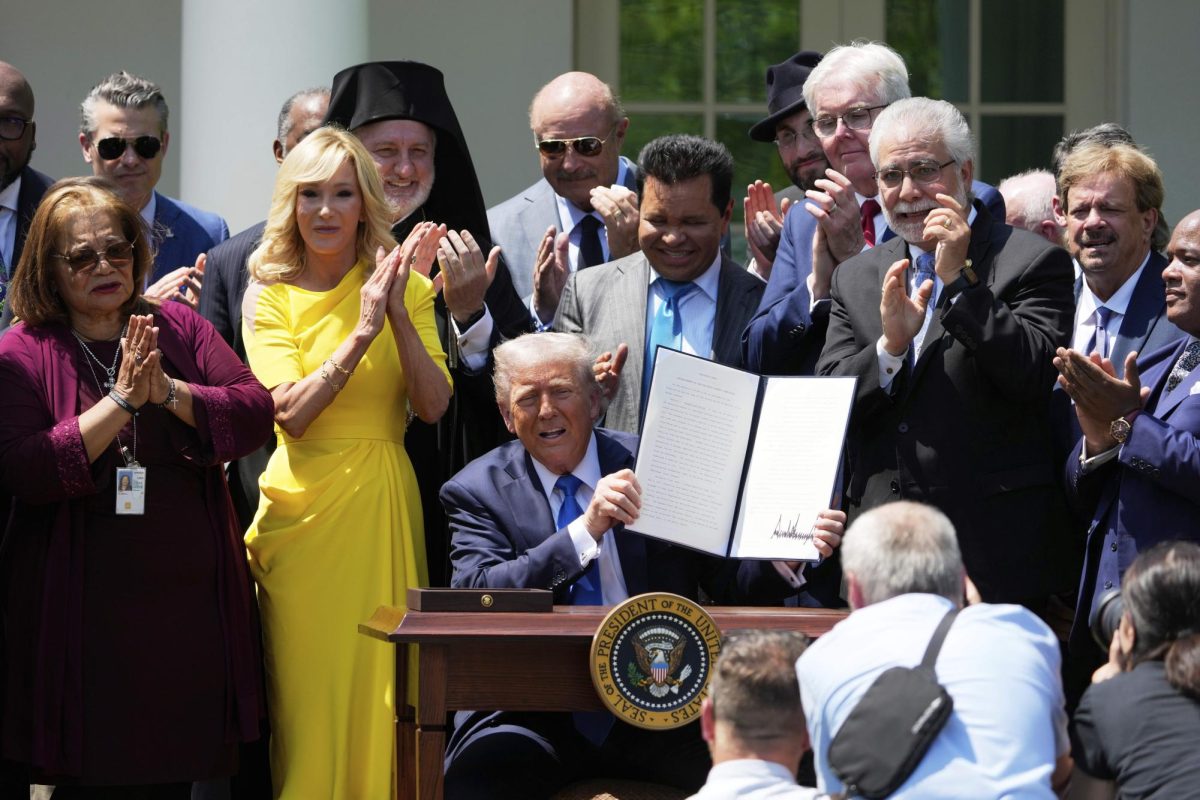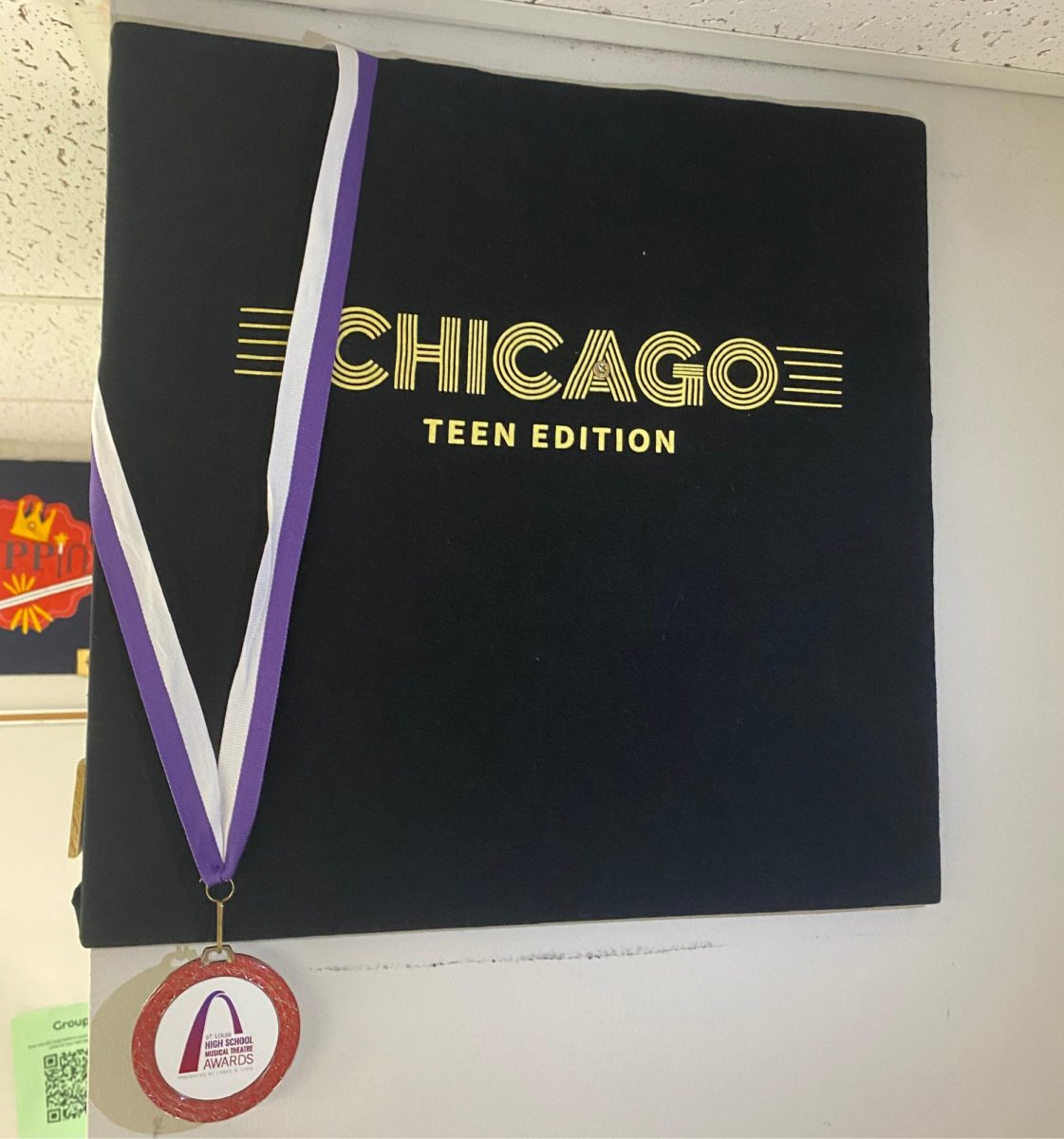North Korea to Compete in 2018 Winter Olympic Games
January 11, 2018
North Korea will send a delegation to the 2018 Winter Olympics in Pyeongchang, South Korea.
North Korea met South Korea on Tuesday to talk about the Winter Olympics and ways to remedy their strained relationship.
The meetings have brought considerable excitement. Two North Korean figure skaters qualified for the 2018 Winter Olympics, according to BBC News, and some believe their participation could help improve the hermit nation’s diplomatic relations.
EHS junior Ben McNabnay is glad that North Korea was allowed to compete.
“That’s the whole point of the Olympics: International peace and cooperation,” he said.
This important development has come after a long period of silence between the two neighbors since North Korea’s nuclear testing and rocket launching increased tensions in the region in 2015, according to BBC News.
The situation has escalated recently as a result of a strained relationship between newly-elected President Trump and North Korean leader Kim Jong Un.
After Kim stated in his New Year’s Day address that his desk had a nuclear button, President Trump tweeted out a controversial response.
“North Korean Leader Kim Jong Un just stated that the ‘Nuclear Button is on his desk at all times,’ ” Trump said. “…I too have a Nuclear Button, but it is a much bigger & more powerful one than his, and my Button works!”
Some people, like junior Kia Smidt, question the use of the President’s Twitter account on North Korean foreign relations.
“I can’t say I know too much about the official political and diplomatic relationships between America and North Korea,” Smidt said. “I’ve only ever seen what he’s posted on twitter—which is atrocious.”
However, the president recently changed his tone, supporting the peace talks.
“I very much want to see it work out between the two countries,” Trump said, according to CBS News. “I’d like to see them getting involved in the Olympics and maybe things go from there.”
But despite hopes for diplomatic progress across the Korean peninsula, there is still the fear that North Korea will continue to act unreasonably, or even cause some disruption, as McNabnay suspects.
“They are incredibly close to the site, and the Olympics are a very high coverage event, so I do think North Korea will try to use that to gain attention,” he said.
Smidt is uncertain of what the outcome will be, but supports North Korea’s participation in the games since it could possibly relieve pressure in the region.
“I’m sure that’s a nice thought. There’s no guarantee to how exactly any event will change an atmosphere of an entire country, but I think it’s certainly worth a shot.”











